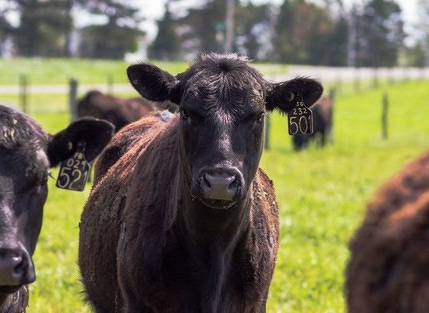Michigan detects new bovine TB-positive beef herd
Finding in Modified Accredited Zone triggers discussions with USDA about state's control program.
November 18, 2020

Michigan state veterinarian Dr. Nora Wineland announced Nov. 16 the discovery of a beef herd testing positive for bovine tuberculosis (TB) in Alpena County, Mich.
“Bovine TB was recently confirmed to be present in an Alpena County beef herd located in Michigan’s Modified Accredited Zone (MAZ)," Wineland said in an announcement. "On Nov. 10, 2020, the National Veterinary Services Laboratories confirmed the presence of the disease in one of the animals from this herd. As with all new findings of bovine TB in a cattle herd, additional testing will be done in the herd, and an epidemiologic investigation has been started to rule out the possibility of additional cases stemming from the affected herd."
Bovine TB is a bacterial disease that can affect all mammals, including humans. Wineland pointed out that bovine TB "is known to be present in the free-ranging white-tailed deer population in specific areas of northeastern lower Michigan, and the disease can be transmitted between deer and cattle."
According to Wineland, state and federal agencies are taking significant steps to manage the disease, and continued deer hunting in this area is an important tool for maintaining a healthy deer population.
The Alpena County herd is Michigan’s 80th cattle herd to be identified with bovine TB since 1998. In addition, it is the third TB-infected cattle herd to be identified in the MAZ in the previous 12 months, Wineland said.
"Under a memorandum of understanding with the U.S. Department of Agriculture, if there are more than three TB-infected cattle herds identified within the MAZ during a 12-month period, then the state of Michigan and USDA must enter discussions on the issue. These discussions may result in changes being made to the TB program requirements or to the status or boundaries of the MAZ," she said.
"This finding underscores the need for cattle producers to work to protect their herds from TB and that the continued collaboration of producers and deer hunters is vital to reduce deer numbers and deer pressure in order to better control the disease,” Wineland said.
You May Also Like



